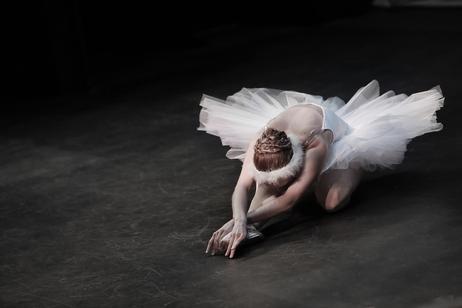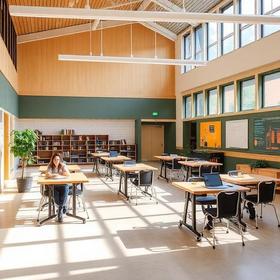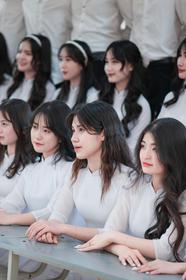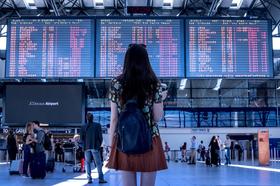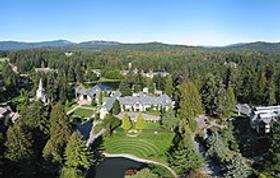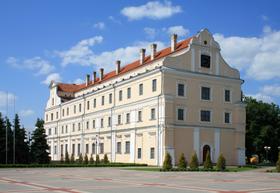How to Choose the Right Performing Arts Boarding School: A Checklist for Parents and Students
Introduction
Public schools continue to serve the majority of U.S. students—but are they keeping pace with diverse learning styles? For families considering specialized alternatives, such as a performing arts boarding school, this article will refresh your approach with up-to-date data and a streamlined checklist to guide your choice.
Are Public Schools Meeting Your Child’s Needs? Enrollment & Demographic Trends
As of fall 2023, public school enrollment in the U.S. stood at approximately 49.5 million, down from 50.8 million in fall 2019—a loss of over 1.2 million students (2.5%).
Nationwide, factors such as low birth rates, homeschooling, private school migration, and demographic shifts are contributing to ongoing enrollment decline.
Enrollment falls are most pronounced in early grades, especially kindergarten and middle school.
These changes affect budgets, program offerings, and teacher availability in many districts.
Learning Styles & Flexibility
Public schools vary in adapting to individual learning styles—some excel with differentiated instruction, others struggle due to standardized testing or overcrowded classrooms. Visit local schools, review curriculum styles, and ask how they support visual, auditory, kinesthetic, and performing-arts learners (e.g., drama, music-integrated learning).
Why a Performing Arts Boarding School Could Be the Right Fit
For students drawn to something more immersive and tailored, a performing arts boarding school offers:
Dedicated daily instruction in dance, music, theater, and related disciplines.
Mentoring from professional teachers, small class sizes, and a campus nurturing both academic and creative development.
A peer community that values artistic growth, fostering both talent and confidence.
Checklist — How to Choose the Right Performing Arts Boarding School (2025 Edition)
1. Academic & Artistic Balance
Ensure the school offers a solid academic curriculum alongside rigorous arts training. Look for integrated schedules that allow students to thrive both in rehearsals and academics.
2. Tuition, Aid & Policy Updates (2025)
Idyllwild Arts Academy (CA): Boarding tuition ~$75,900; ~60% students receive aid averaging $30,000 Boarding School Review.
Interlochen Arts Academy (MI): Boarding cost ~$78,725; 83% receive merit scholarships; $17.5 million awarded annually interlochen.org.
Deerfield Academy (general boarding school, Merit-Academic model): 2024–25 boarding tuition $74,440; families earning under $150,000 attend for free; incomes under $500,000 capped at 10% of income Wikipedia.
These policies reflect a growing trend toward tuition assistance and diversity initiatives. Always check whether international students have similar support.
3. Enrollment & Environment
Small student-to-teacher ratios (e.g., Idyllwild’s average class size 12) support individualized attention Boarding School Review.
Look for schools with rolling admissions or flexible deadlines that match artistic recruitment cycles.
4. Facilities & Faculty
Evaluate whether the school has performance theaters, recording studios, dance studios, and strong faculty with professional industry experience.
5. Diversity & Inclusion
Check financial aid reach and demographic diversity. Schools like Deerfield are expanding income-based access Wikipedia.
6. Outcomes & Alumni Success
Research alumni in arts careers or college placements. Talk with current students or alumni to get a sense of life after graduation.
Expert Insight (2025)
“As public school enrollment continues to decline—in part due to shifting demographics and rising demand for tailored education—performing arts boarding schools are adapting by offering more inclusive financial aid and holistic learning environments,” notes Dr. Emily Chen, education researcher at Stanford University.
Quick Guide Summary
| Factor | What to Look For in 2025 |
|---|---|
| Enrollment Trends | Declining public enrollments signal need to explore alternatives |
| Tuition & Aid | Generous packages and income-based policies are increasingly common |
| Curriculum Balance | Ensure strong academics alongside arts training |
| Facilities & Faculty | Industry-level resources and experienced teachers matter |
| Inclusive Access | Analyze diversity and aid percentages |
| Student Outcomes | Alumni success and placements reflect program strength |
- Learn how different learning styles are supported in public settings via [PublicSchoolReview.com’s approaches to learning styles] PublicSchoolReview.com.
Explore community college programs that integrate arts training at [CommunityCollegeReview.com’s performing arts pathways CommunityCollegeReview.com.
For federal policy on arts education support, see the U.S. Department of Education’s overview of Arts in Education programs.
For financial support trends, reference the American Association of Community Colleges report on access and aid.
Conclusion
While public schools continue to serve most students, their adaptation to diverse learning styles varies amid enrollment declines. Performing arts boarding schools offer focused, immersive environments with growing financial access and small-community support. Use the updated 2025 checklist to guide your selection—ensuring your child thrives academically and artistically.

